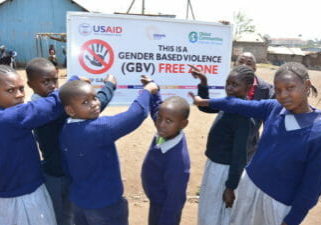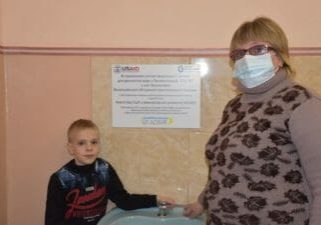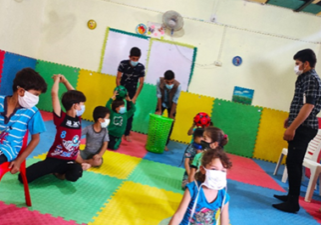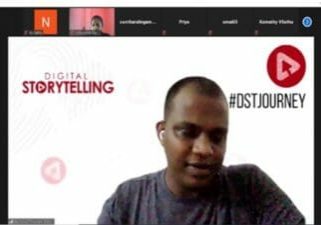News > Blog
USAID CLEAR Program in Kenya Launches Two New Cooperative Videos
Published 05/10/2021 by globalcommunities
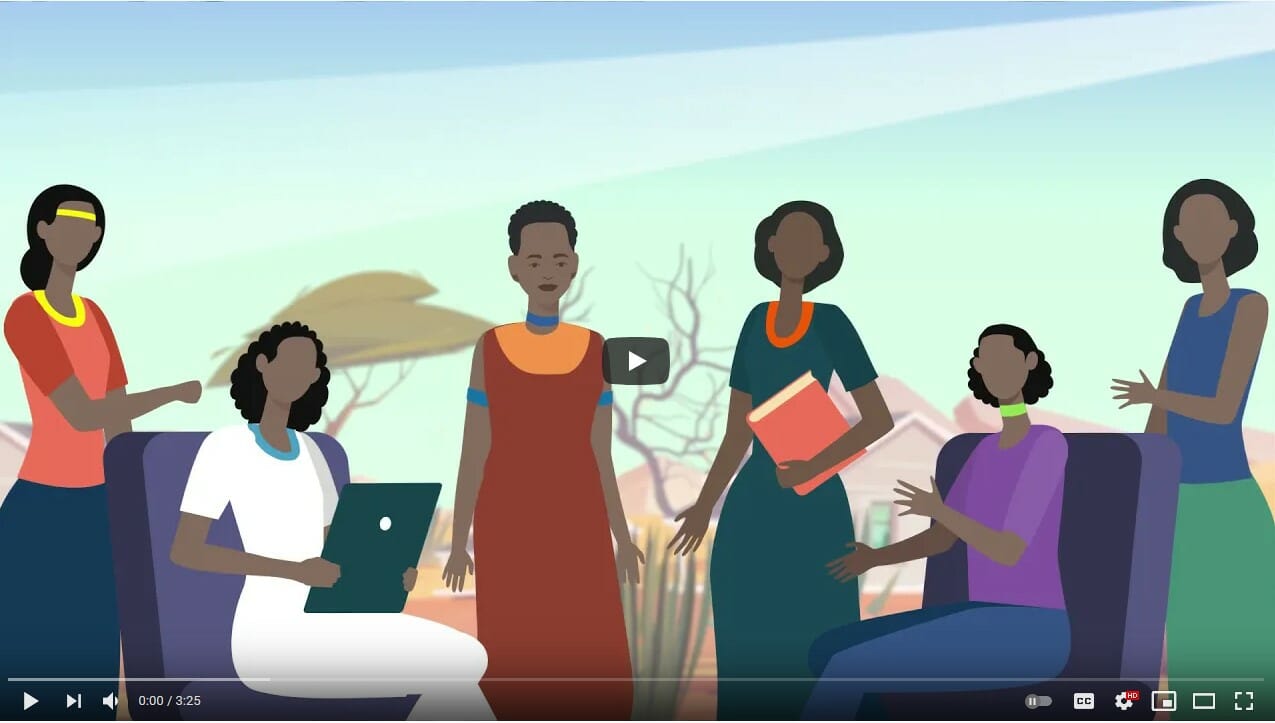
By Ashley Holst, Technical Specialist, Cooperatives & Inclusive Business at Global Communities
The USAID Cooperative Leadership, Engagement, Advocacy and Research program (CLEAR) has launched two new animated educational videos!
One of CLEAR’s primary goals is to raise awareness about the worker and housing cooperative models so more people can understand their inclusion-oriented benefits. Global Communities and USAID have long promoted cooperative businesses and housing as successful ways to create meaningful employment, strengthen local economies, and enhance social capital. Agriculture-based producer cooperatives are by far the most well-known form of cooperative, especially in international development, but CLEAR focuses on worker and housing cooperatives for their unique models, applicability to urban settings, and interest to youth and young adults.
As CLEAR continues education campaigns among potential cooperators and cooperative developers, we have brainstormed ways to broaden our reach.. To generate interest in the cooperative model and demonstrate that the models can be applied to any sector and community, we created two short and engaging videos. They were designed to be contextual and to explain briefly the challenges the model can help overcome, how a group forms, and the individual and community benefits. The videos are available in English, with Kiswahili subtitles, and soon-to-come in Swahili narration, making them versatile for most learners in the East Africa Swahili-speaking region.
In the US, the worker cooperative model is booming; from breweries to childcare to graphic design, young entrepreneurs are creating their own businesses and paving their own paths. In Kenya, worker cooperatives are a new concept, but CLEAR is currently incubating worker cooperatives in construction, fine arts, and solar engineering, to name a few! The worker cooperative model has great potential in Kenya considering that more than 50% of the county’s population is under 35 and urban areas continue to rapidly grow. Many young people aspire to leave rural areas in search of non-agricultural employment opportunities and advance skills sets they have personally invested in. The worker cooperative model has shown great success in service sectors and the tech industry, both of which are rapidly growing in Kenya. In the US and Kenya, we also see an increasing desire for young professionals to feel positive about their jobs and to share equitably in the benefits of their hard work. Cooperatives provide an innovative opportunity for worker-owners (members) to have a say in their work and the management of the company, benefit from company surplus, and influence the good they do for the wider community!
Watch the Worker Coop Video below:

Global Communities has a long history working with housing cooperatives around the globe. We’ve seen housing cooperatives make home ownership a reality, for example in Poland in the early 1990s, following the dissolution of the Soviet Union. Housing cooperatives are an accessible and less expensive route to home ownership that give members the ability to have a democratic voice in their housing community. Established housing cooperatives often expand to include schools for children, child care services, water and sanitation, and other member benefits. Despite their long history and pioneering successes in cities such as New York and Washington, DC, housing cooperatives are often misunderstood and they certainly take significant dedication and member investment to start. Groups interested in forming housing cooperatives often need support to navigate land rights and access funding, and this is where Global Communities’ plays an important support role. Like all cooperatives, CLEAR supports housing cooperatives in Kenya to navigate registration, financial management, business operations, member relationships, and marketing.
Watch the Housing Video below:

In addition to these animated videos, CLEAR works closely with cooperative partners like Democracy at Work Institute (DAWI) and the Cooperative University of Kenya to improve awareness and use of the cooperative model, strengthen cooperative businesses through professional training and coaching, and provide capacity building to people at all levels in the cooperative sector including members, developers, and government officials, who are all integral to supporting a robust cooperative ecosystem.
Cooperatives have proven potential to improve economic security, strengthen social networks, and contribute to the quality of life of their members. CLEAR is leading the way in introducing a new, innovative cooperative model in Kenya to help increase cooperative participation particularly among women and youth. In just a few short weeks, the videos have received positive feedback. USAID has expressed interest in disseminating these videos through programs such as Positive Youth Development to expand entrepreneurship and group business efforts. We hope you’ll check out the videos and “share”!

